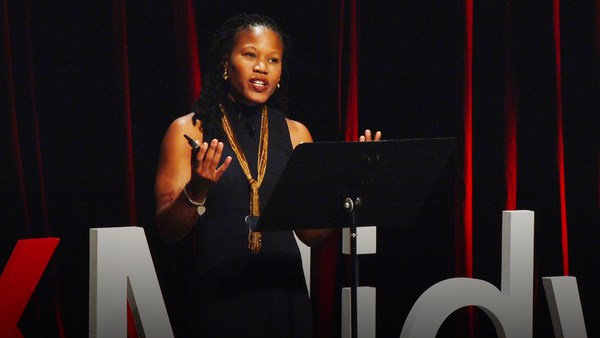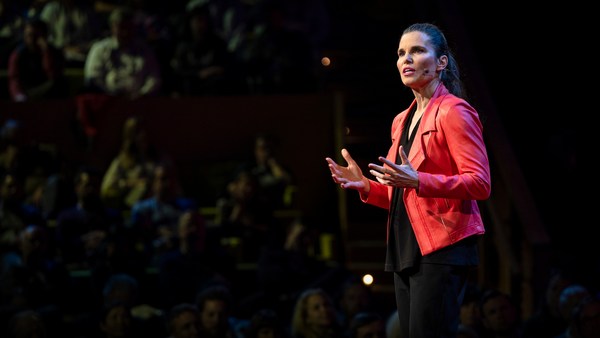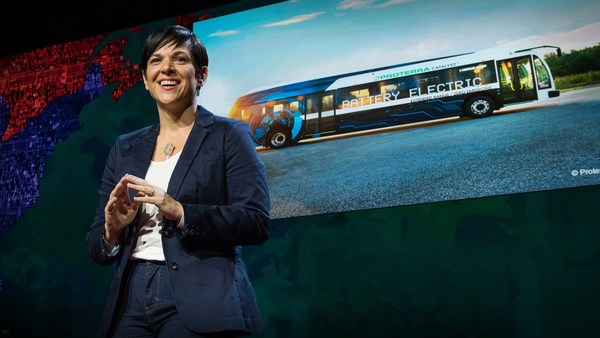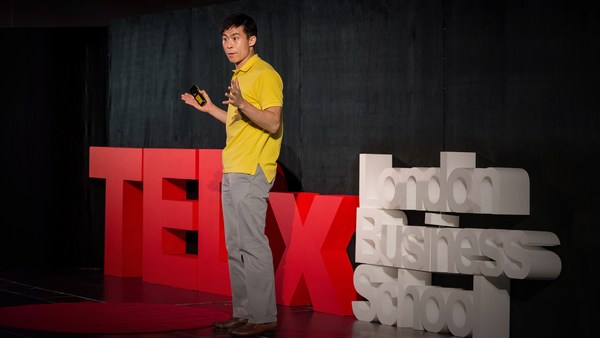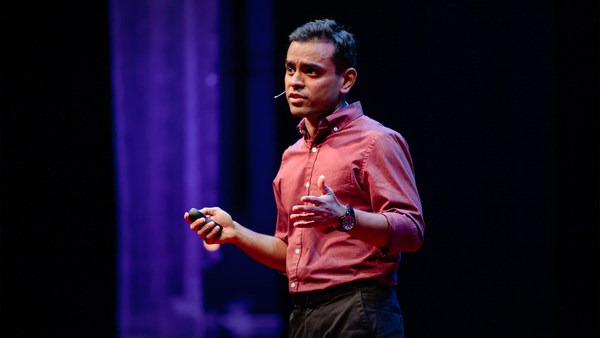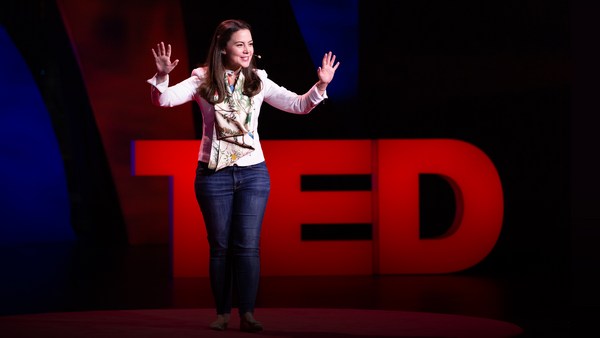Let's say that you wanted to conduct an experiment. In this experiment, you randomly assign people to live in blasting zones or in control locations without explosives going off over their heads. They live in the community for years, just downwind and downstream from sites where tons of explosives are used almost daily. And millions of gallons of water contaminated. With random assignment, you could carefully study the long-term health effects of living in these blasting communities without a bunch of annoying confounders and covariates. Random assignment does wonders.
That would be a rigorous, powerful scientific inquiry into the effects of these environmental exposures. Of course, such a study could never be done. Most scientists wouldn't have the stomach for it. The institutional review board would never approve it; it would never pass human subjects review, because it would be unethical, immoral. And yet in effect, it is happening right now. In my mind, this prompts some questions. What is the ethical obligation of the scientists who believes populations are in danger? How much evidence is enough to be confident of our conclusions? Where is the line between scientific certainty and the need to act?
The unplanned experiment that is happening right now is called mountaintop removal. The abbreviation for it is MTR. It is a form of surface coal mining that takes place in Appalachia, here in the United States. MTR occurs in four states: Virginia, West Virginia, Kentucky and Tennessee. Over 1.2 million acres have been mined in this way. This is an area about the size of Delaware but it is spread over a footprint as large as Vermont and New Hampshire combined. The process involves clear-cutting ancient Appalachian forest, home to some of the richest biodiversity on the planet. The trees are typically burned or dumped into adjacent valleys. Then, to reach the buried coal seams, explosives are used to remove up to 800 feet of mountain elevation. Over 1,500 tons of explosives are used for coal mining in West Virginia alone. Every day.
Rock and soil debris is dumped over the valley sides where it permanently buries headwater streams. So far, over 500 mountains have been destroyed. About 2,000 miles of streams have been permanently buried. Water emerging from the base of the valley fills is highly contaminated and remains contaminated for decades. The coal then has to be chemically treated, crushed and washed before it can be transported to power plants and burned. This cleaning takes place on-site. The process produces more air pollution and contaminates billions of gallons of water with metals, sulfates, cleaning chemicals and other impurities. All of this to produce three percent of US electricity demand -- only three percent of US electricity demand.
As you can appreciate, this prompts all sorts of other questions. What are the health impacts of mountaintop-removal mining? There are over a million people who live in counties where MTR takes place and millions more downstream and downwind. What has been the response of industry and government when these issues are documented? And again, what is the ethical obligation of science when faced with this disturbing situation?
I began to research this issue in 2006. I had just taken a job at West Virginia University. Before then, I hadn't done any research related to coal. But I started to hear stories from people who lived in these mining communities. They said that the water they drank was not clean, that the air they breathed was polluted. They would tell me about their own illnesses or illnesses in their family. They were worried about how common cancer was in their neighborhoods. I met with many people in southern West Virginia and eastern Kentucky to listen to those stories and hear their concerns. I searched the scientific literature and was surprised to learn that nothing had been published on the public health effects of coal mining in the United States. Let me say that again -- nothing had been published on the public health effects of coal mining in the US.
So I thought, "I can make a new contribution, no matter what I find, to either confirm these concerns or to alleviate them." I had no personal or organizational agenda. Many of my colleagues initially were skeptical that there would be any link between public health and mining. They predicted that the health problems could be explained by poverty or by lifestyle issues, like smoking and obesity. When I started, I thought maybe they would be right. We started by analyzing existing databases that allowed us to link population health to mining activity and to control statistically for age, sex, race, smoking, obesity, poverty, education, health insurance and others we could measure. We found evidence that confirmed the concerns of the residents, and we started to publish our findings.
As a very brief summary, we found that people who live where mountaintop removal takes place have significantly higher levels of cardiovascular disease, kidney disease and chronic lung disease like COPD. Death rates from cancer are significantly elevated, especially for lung cancer. We've seen evidence for higher rates of birth defects and for babies born at low birth weight. The difference in total mortality equates to about 1,200 excess deaths every year in MTR areas, controlling for other risks. Twelve hundred excess deaths every year. Not only are death rates higher, but they increase as the levels of mining go up in a dose-response manner. Next, we started to conduct community door-to-door health surveys. We surveyed people living within a few miles of MTR versus similar rural communities without mining. Survey results show higher levels of personal and family illness, self-reported health status is poorer, and illness symptoms across a broad spectrum are more common.
These studies are only associational. We all know that correlation does not prove causation. These studies did not include data on the actual environmental conditions in mining communities. So we started to collect and report on that. We found that violations of public drinking-water standards are seven times more common in MTR areas versus non-mining areas. We collected air samples and found that particulate matter is elevated in mining communities, especially in the ultra-fine range. The dust in mining communities contains a complex mixture, but includes high levels of silica, a known lung carcinogen, and potentially harmful organic compounds. We used the dust in laboratory experiments and found that it induced cardiovascular dysfunction in rats. The dust also promoted the development of lung cancer in human in vitro lung cells. This is just a quick summary of some of our studies.
The coal industry does not like what we have to say. Neither does the government in coal country. Just like the tobacco industry paid for research to defend the safety of smoking, so the coal industry has tried to do the same by paying people to write papers claiming that MTR is safe. Lawyers have sent me harassing demands under the Freedom of Information Act, eventually denied by the courts. I'd been attacked at public testimony at a Congressional hearing by a congressman with ties to the energy industry. One governor has publicly declared that he refuses to read the research. And after a meeting with a member of Congress, in which I specifically shared my research, I later heard that representative say they knew nothing about it.
I worked with scientists at the US Geological Survey on environmental sampling for more than two years. And just as they were starting to publish their findings, they were suddenly instructed by their superiors to stop work on this project. In August of this year, the National Academy of Sciences was suddenly instructed by the federal government to stop their independent review of the public health consequences of surface mining. These actions are politically motivated, in my view.
But there is opposition from researchers, too. At conferences or meetings, they express skepticism. OK, we are all taught, as scientists, to be skeptical. They ask, "What about this possible explanation?" "Have you considered that alternative interpretation?" They wonder, "There must be some confounder that we missed. Some other variable we haven't accounted for." "An in vitro study, what does that prove?" "A rat study -- how do we know the same effects would be found in people?" Maybe so. Technically, you have to acknowledge that they could be right, but you know, maybe these health problems are not the result of some unmeasured confound. Maybe they result from blowing up mountains over people's heads.
(Laughter)
(Applause)
There can always be doubt, if doubt is what you seek. Because we can never do that defining experiment. Any next study must always be associational. So perhaps you can understand why I've started to wonder, how much evidence is enough? I've published over 30 papers on this topic so far. Along with my coauthors, other researchers have added to the evidence, yet government doesn't want to listen, and the industry says it's only correlational. They say Appalachians have lifestyle issues. As though it had never occurred to us to control for smoking or obesity or poverty or education or health insurance. We controlled for all of those and more.
There comes a point where we don't need more research, where we can't ask people to be unwilling research subjects so we can do the next study. As scientists, we follow the data wherever it goes, but sometimes data can only take us so far and we have to decide, as thinking, feeling human beings, what it means and when it is time to act. I think that is true, not only for MTR but for other situations where evidence is strong and concerning but imperfect. And when failing to act if you're wrong means people's lives.
It may seem strange that there is any controversy over the health effects of mountaintop-removal mining. But somehow, this subject has wound up in a scientific and political twilight zone alongside the debate over climate change or the argument years ago about whether or not smoking caused cancer. In this twilight zone, much of the data seems to point to one conclusion. But the economics or the politics or the prevailing public view insist on the opposite conclusion. When you're a scientist and you think you have a valid insight where the health of entire populations is at stake but you find yourself trapped in this twilight zone of denial and disbelief, what is your moral and ethical obligation?
Obviously, scientists are responsible for telling the truth as they see it, based on evidence. Simply stated, we have an obligation to stand up for the data. It can be extremely frustrating to wait around for public opinion or political consensus to catch up to the scientific understanding. But the more controversial the subject and the more frustrating the debate, the more critical it is for scientists to preserve our objectivity and our reputation for integrity. Because integrity is the coin of the realm in scientific and public policy debate.
In the long run, our reputation for integrity is the most powerful tool that we have, even more powerful than the data itself. Without an acknowledged integrity on the part of scientists, no amount of data will ever convince people to believe painful or difficult truths. But when we cultivate and guard our reputation for integrity, when we patiently stand up for the data and keep doing the studies and keep calmly bringing the results to the public, that's when we have our greatest impact.
Eventually, scientific truth does and will win out. How many lives will be lost while we wait? Too many already. But prevail we will.
Thank you.
(Applause)
